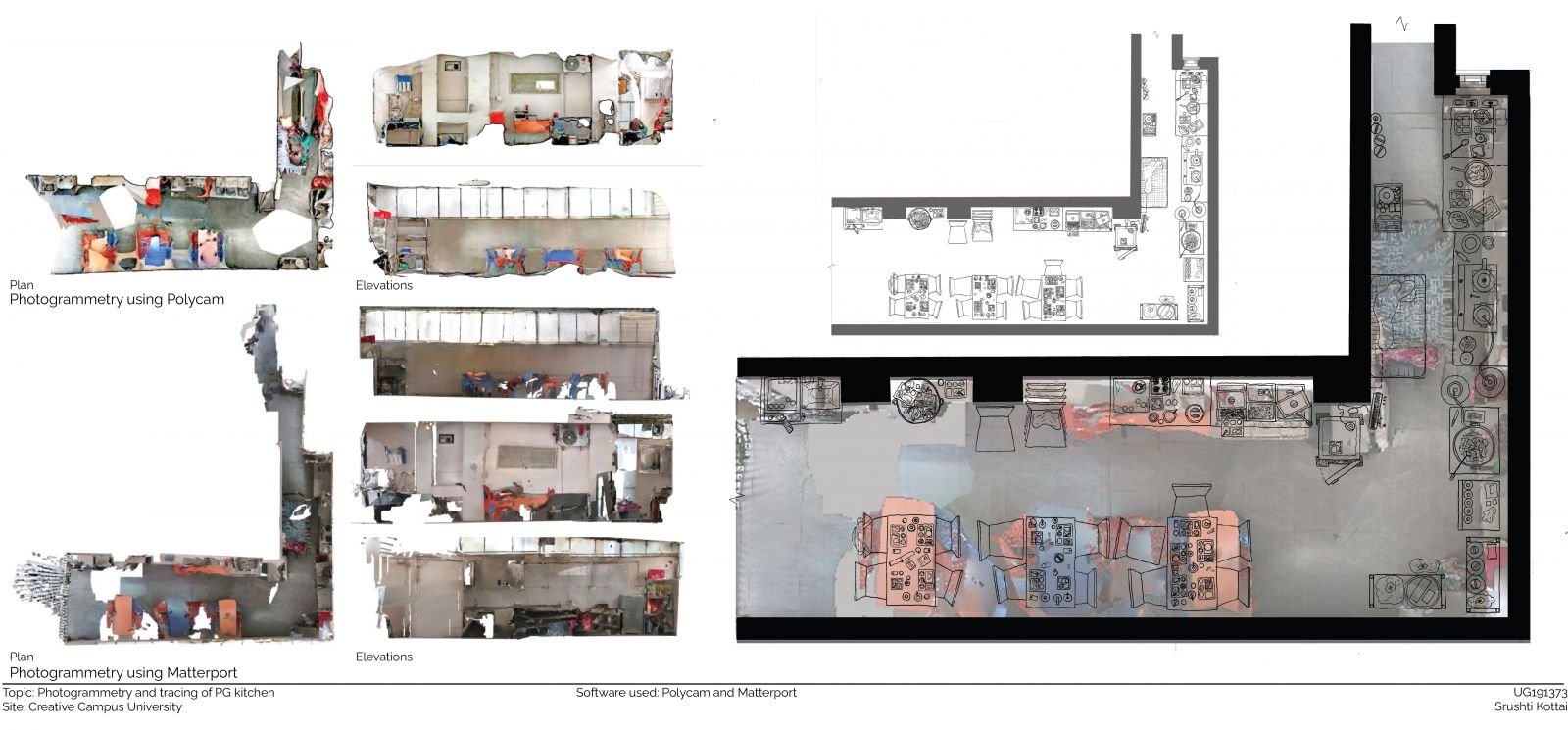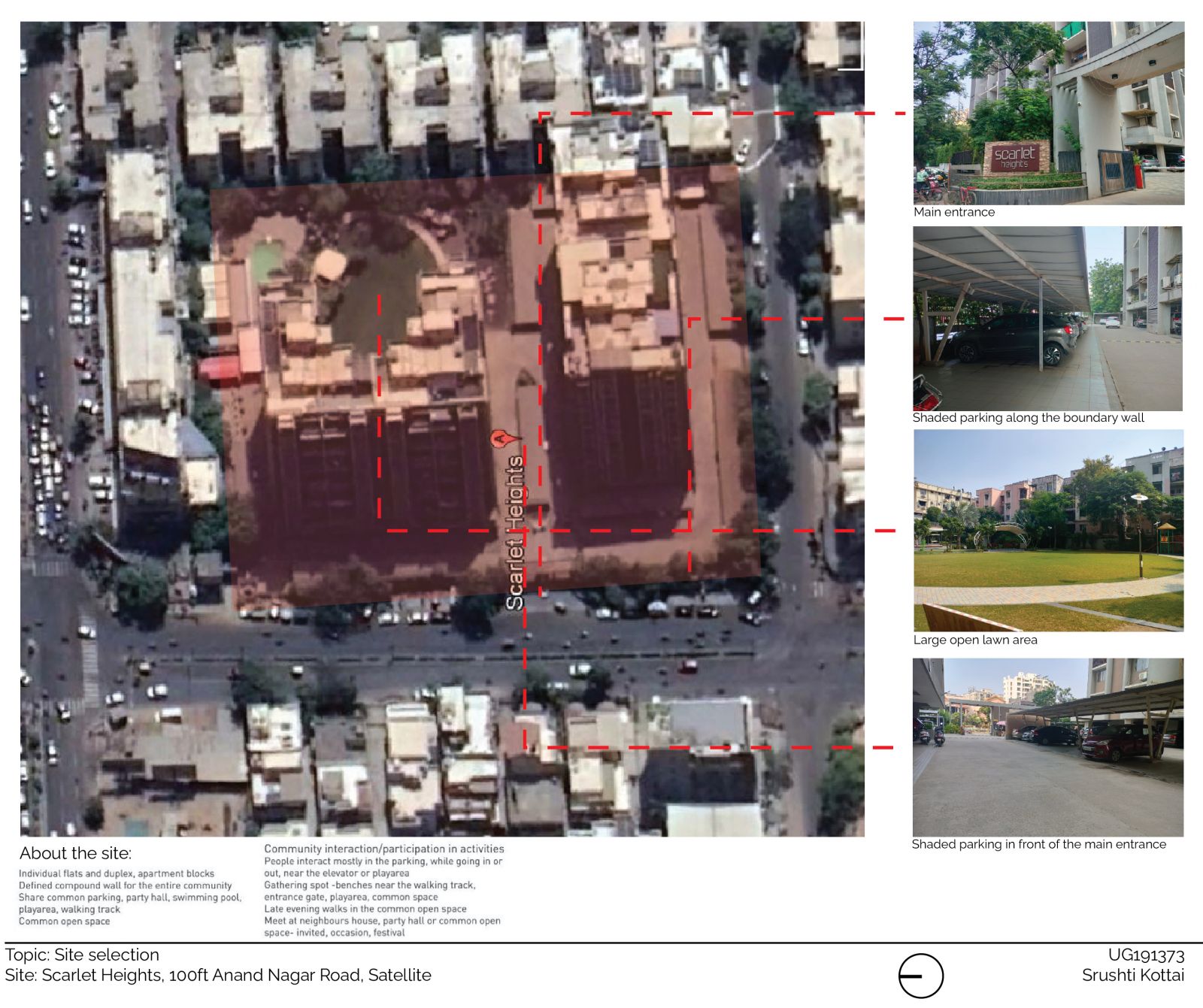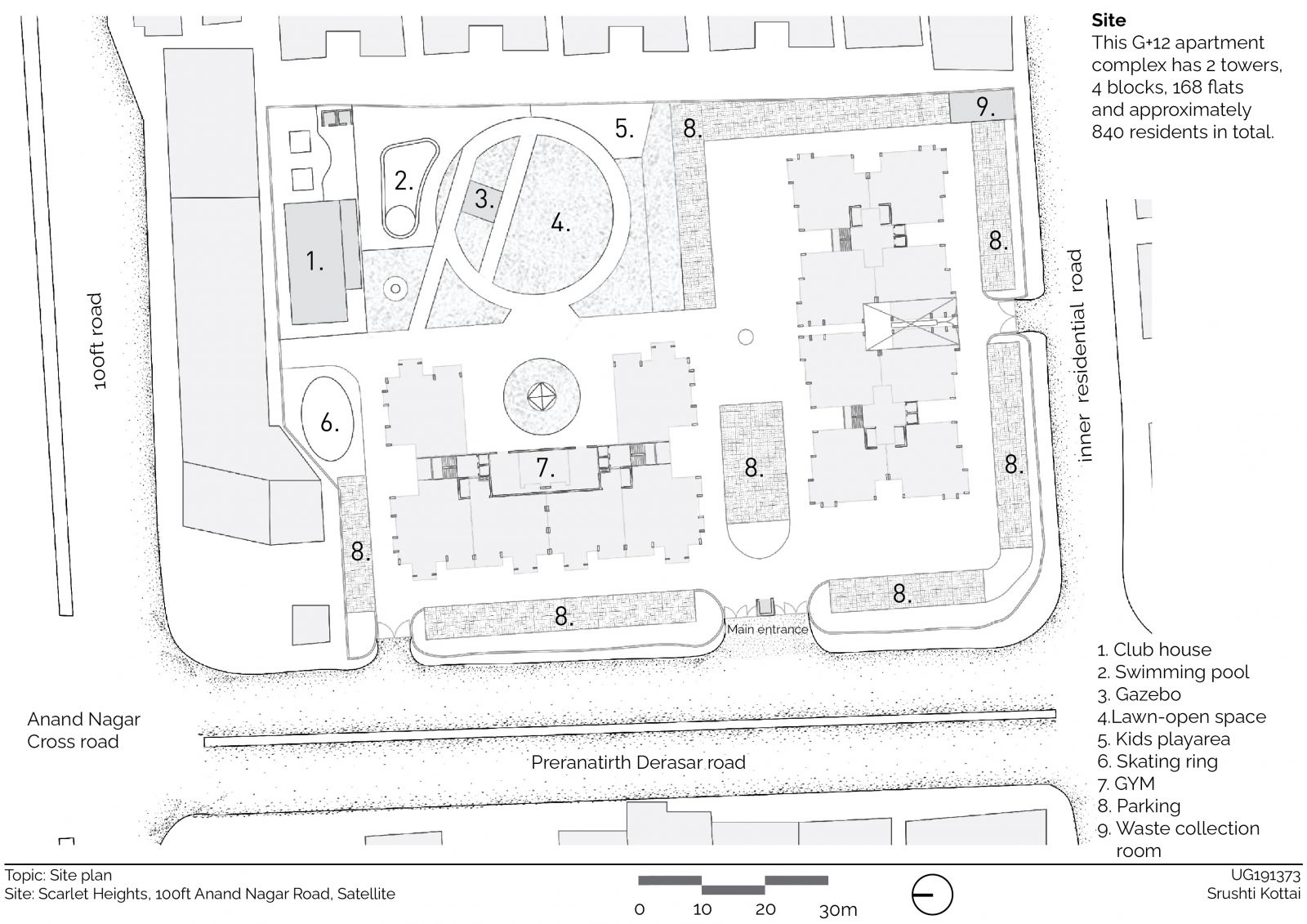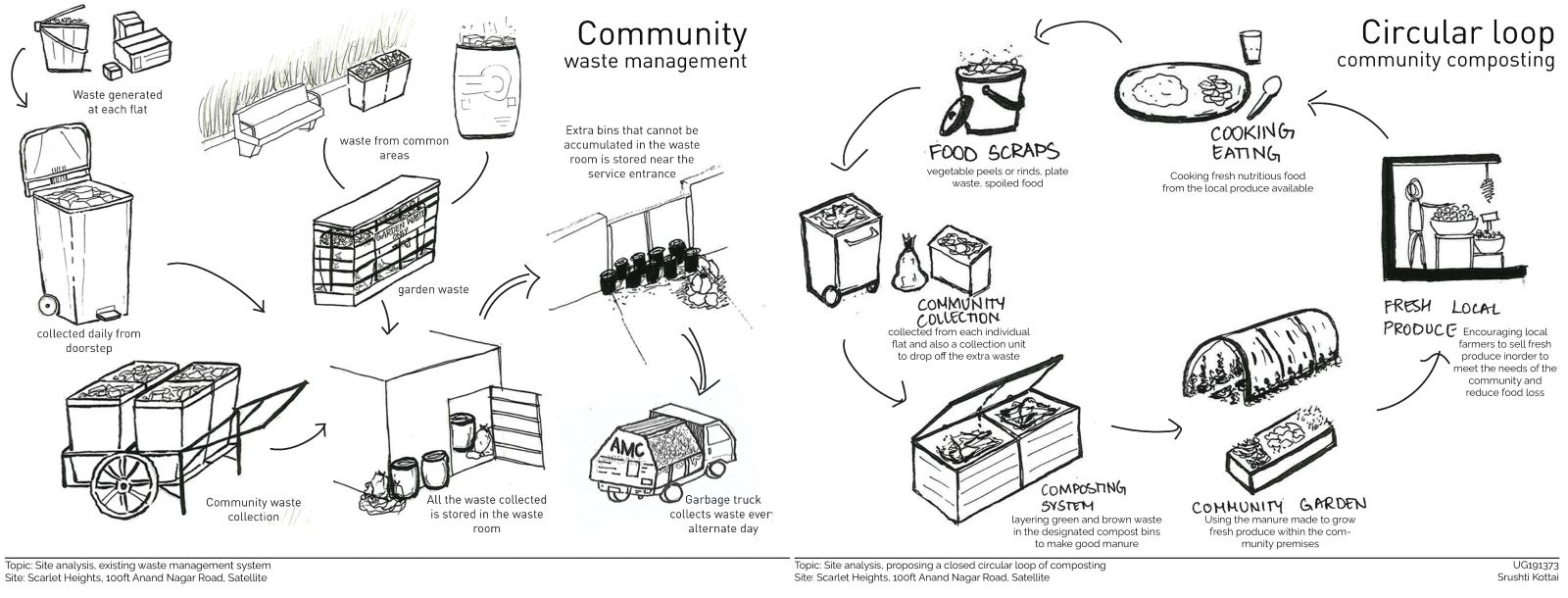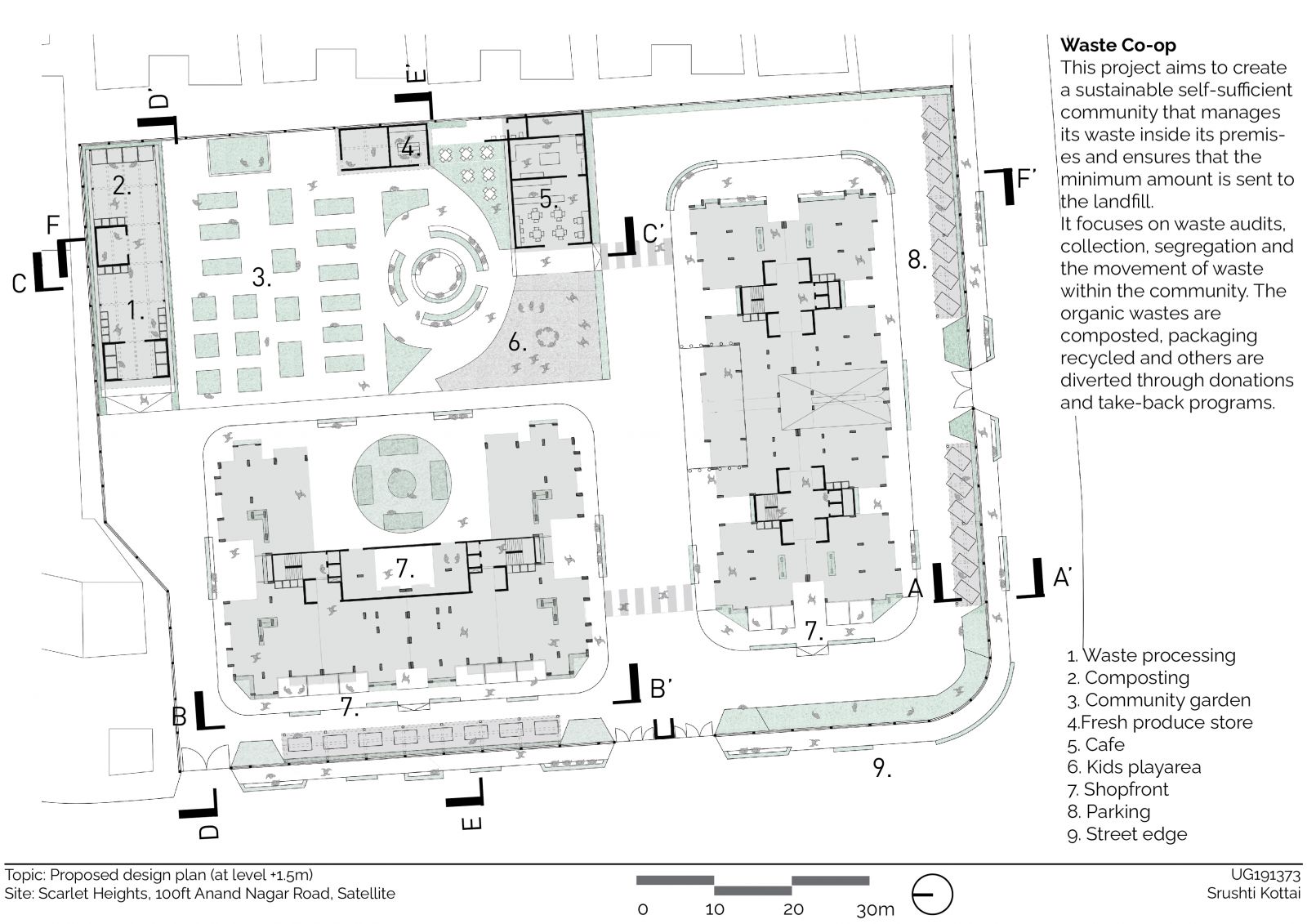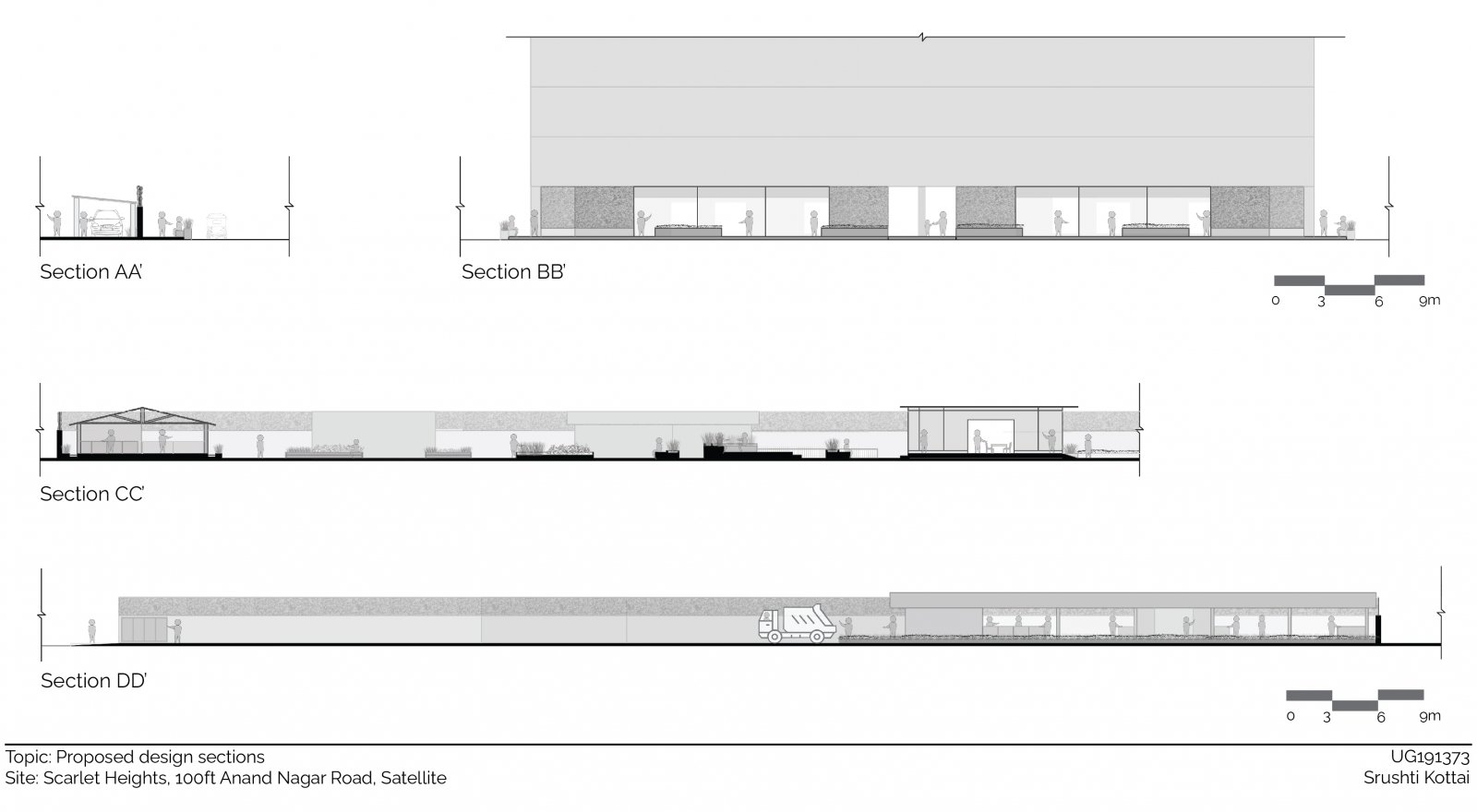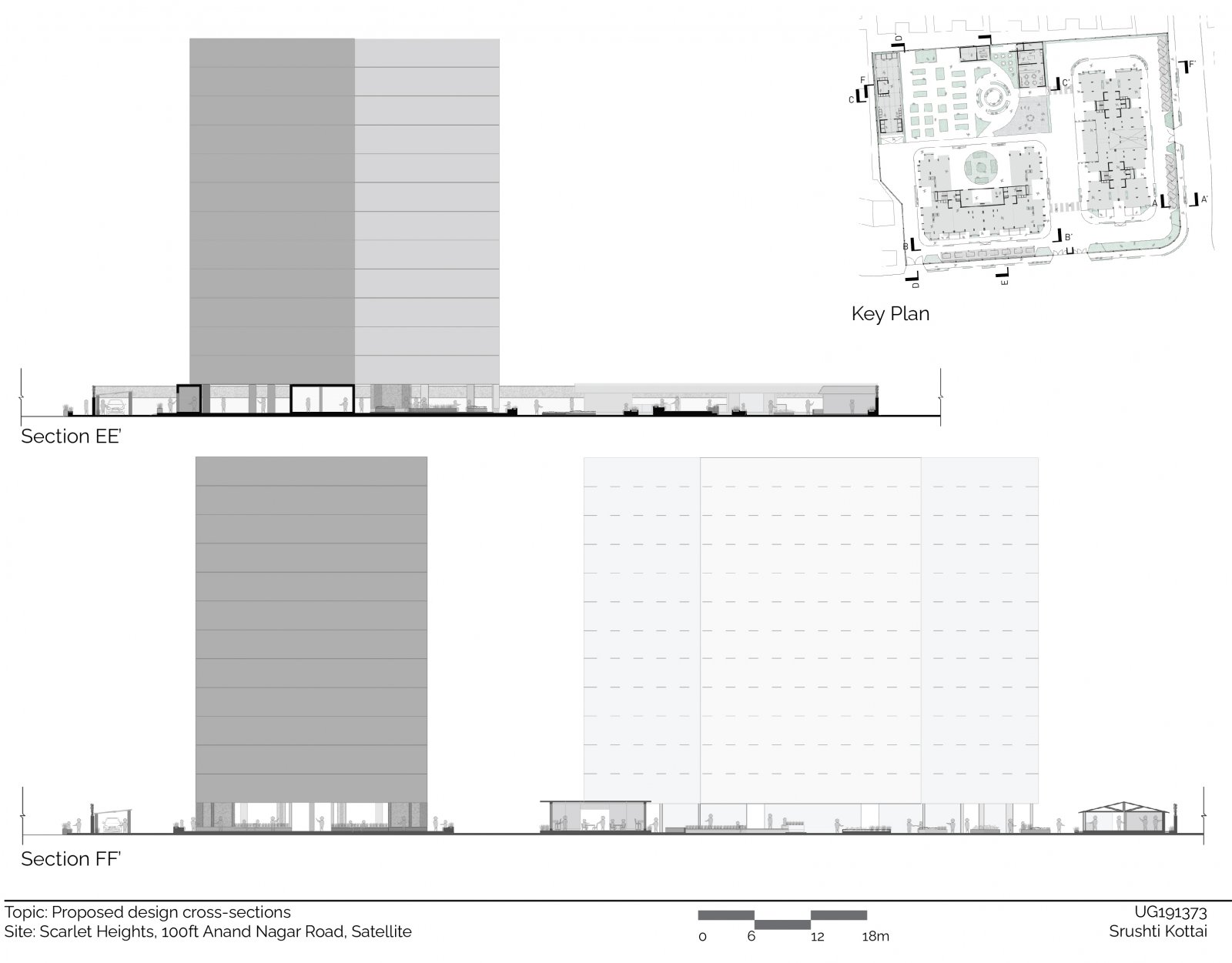Your browser is out-of-date!
For a richer surfing experience on our website, please update your browser. Update my browser now!
For a richer surfing experience on our website, please update your browser. Update my browser now!
We all generate different kinds of waste. A large percentage of which is food related. Whether it's leftovers, plate waste, spoiled food, vegetable peels or the packaging that comes with it. Once it goes to the bin, it is transported to the landfill through multiple modes. But most of the waste that is generated can be managed in such a way that the quantity of waste going to the landfill can be minimised.
This project aims to create a sustainable self-sufficient community that manages its waste inside its premises and ensures that the minimum amount is sent to the landfill. It focuses on waste audits, collection, segregation and the movement of waste within the community. The organic wastes are composted, packaging recycled and others are diverted through donations and take-back programs.
This apartment complex is a model for future development. It looks into the planning of waste material flow, reducing consumption, creating awareness and encouraging participation. Thus, creating a circular loop to reduce the waste going to the landfill.

